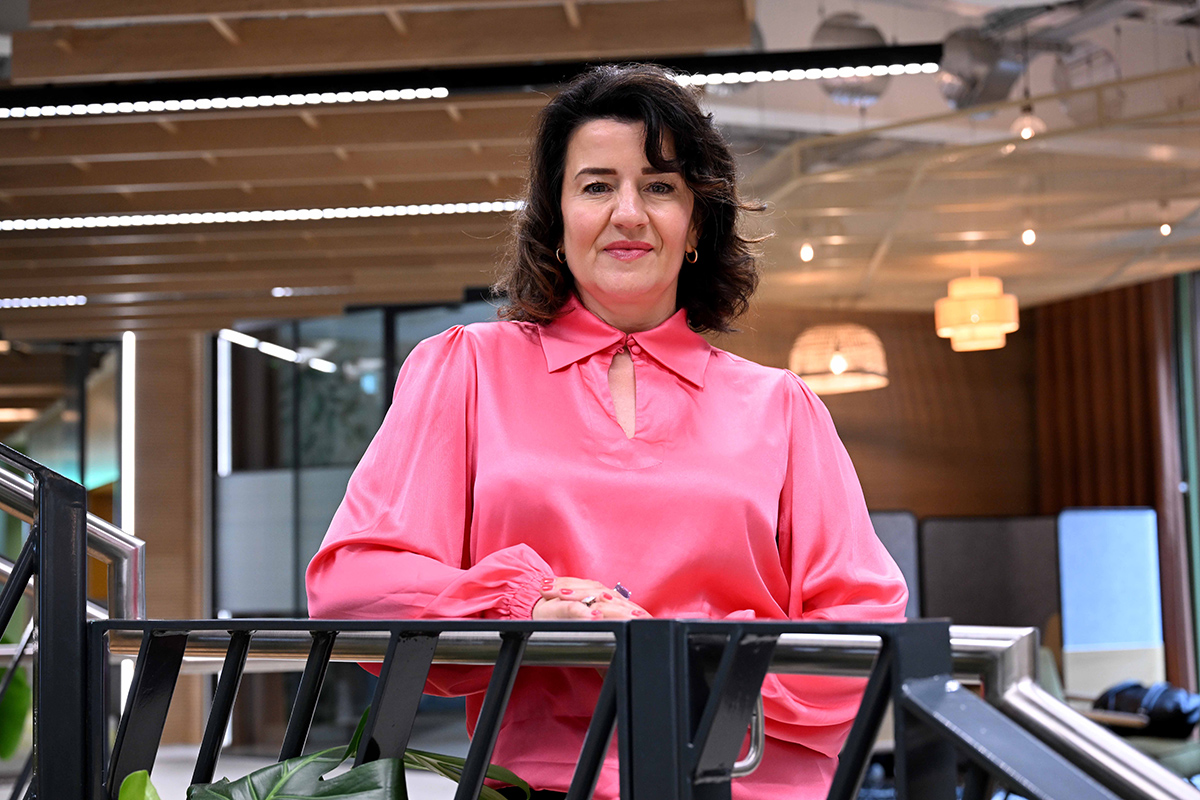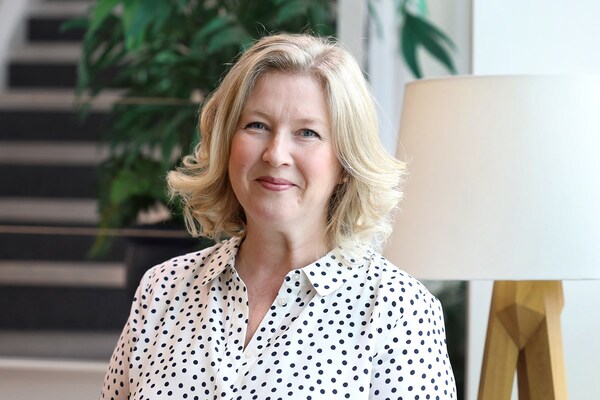You are viewing 1 of your 1 free articles
Keeping people in their homes
It’s important to offer well-being services to those with complex conditions, writes Nick Hodgskin
This piece is one of several this week commissioned by Rising Stars 2017 winner James Sanderson, as part of his guest editing of Inside Housing. Mr Sanderson has chosen the theme of ‘tenancy sustainment’ for his editorship
There is a widely held view in the UK that older people are generally better off than the younger generation.
They worked in an era of mass employment, had genuinely affordable homes (by either tenure) and have been protected by the triple lock pension policy.
All this at a time when public spending and services have been cut to the bone.
From what our staff at Hanover see on the front line every day, this perception couldn’t be further from the truth. Residents are living far longer, and with that comes more complex health conditions.
“We are often the last sojourn of independent living before residential care.”
This is alongside an estimated £10bn shortfall in spending for older people’s support around things like social security, health, social care and housing.
At Hanover, we are often the last sojourn of independent living before residential care. It’s essential that we give those with complex conditions the opportunity to live in a non-institutional environment for as long as possible.
If we fail to get it right, then there is a wider knock-on effect on society and increased pressure on an already ailing health and social care system.
A key focus of our age-exclusive offer at Hanover is well-being.
Throughout England, we offer a wide range of activities that target the different age-ranges we have living in our homes. We understand that the needs of a 55-year-old will be different to those of the growing number of centenarians in our midst.
That’s why we can no longer afford to simply be a ‘bricks and mortar’ landlord – we need provide a variety of wellbeing services that residents can readily choose to take part in.
In east London, we’ve forged multiple partnerships with social enterprises and charities that offer specialist knowledge and expertise in tackling key health indicators.
This includes working with a local hospice on an award-winning peer-led social isolation project, that specifically targets residents who are secluded from the community.
There are osteopathy and acupuncture therapy sessions aimed at those with limited mobility conditions, as well as several lifestyle initiatives focusing on exercise such as ‘armchair Olympics’, tai chi, yoga and indoor bowls.
“The overall aim is to lessen the strain on the NHS.”
Looking ahead, we are exploring how technology can better support our residents. We are working with a technology provider to run a pilot using Amazon’s Echo Show. This would allow people to get online using voice activation and the screen built into the device.
These initiatives form part of our wider well-being and tenancy sustainment strategy. The overall aim is to lessen the strain on the NHS by reducing social isolation, address mental health issues and support our residents to continue to live their own lives, without premature admission to residential and nursing care.
Nick Hodgskin, assistant director of housing and support, Hanover Housing Association













